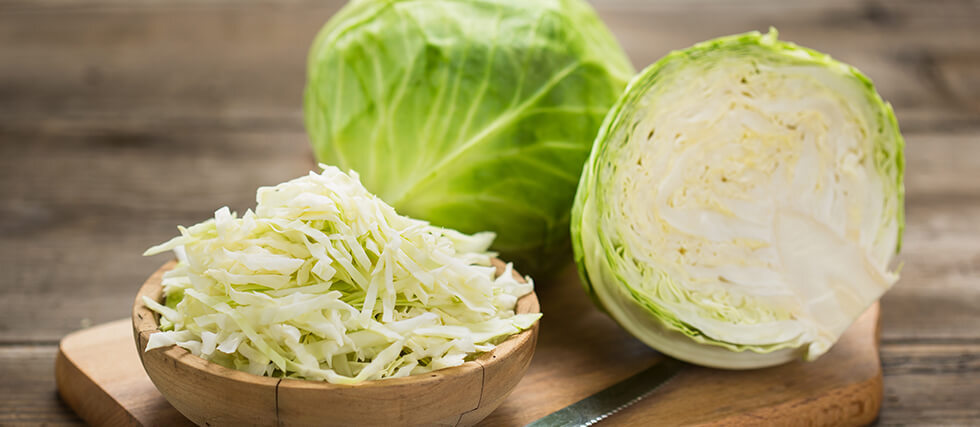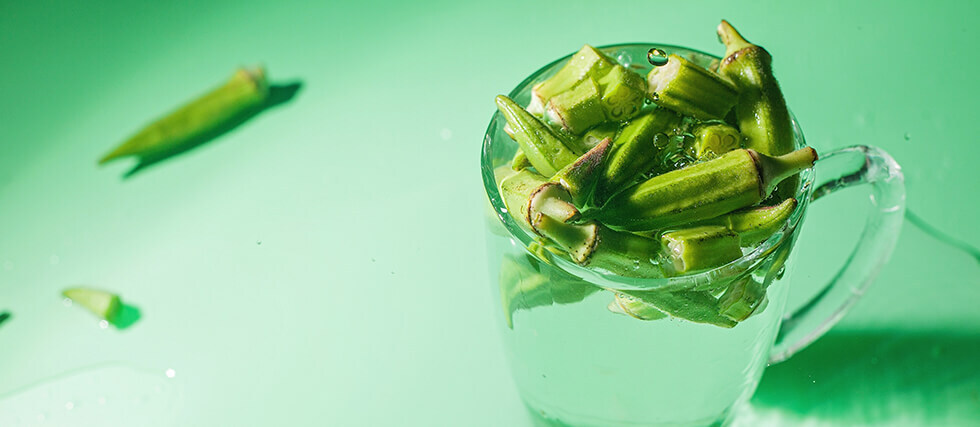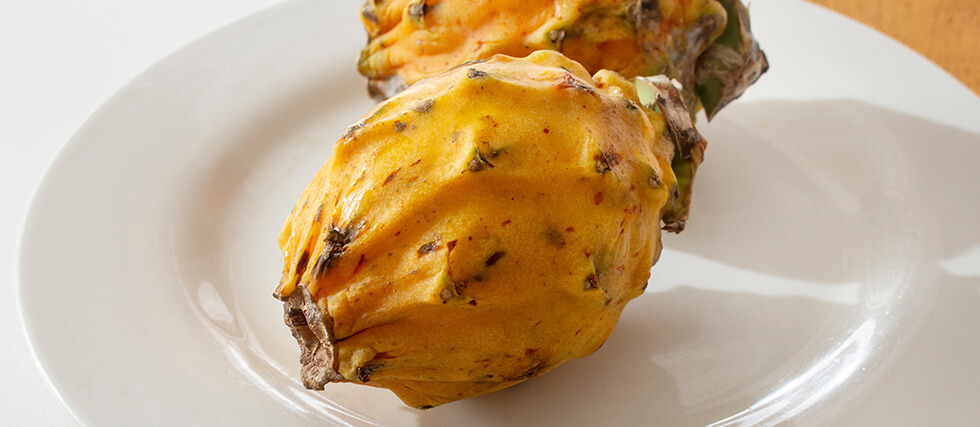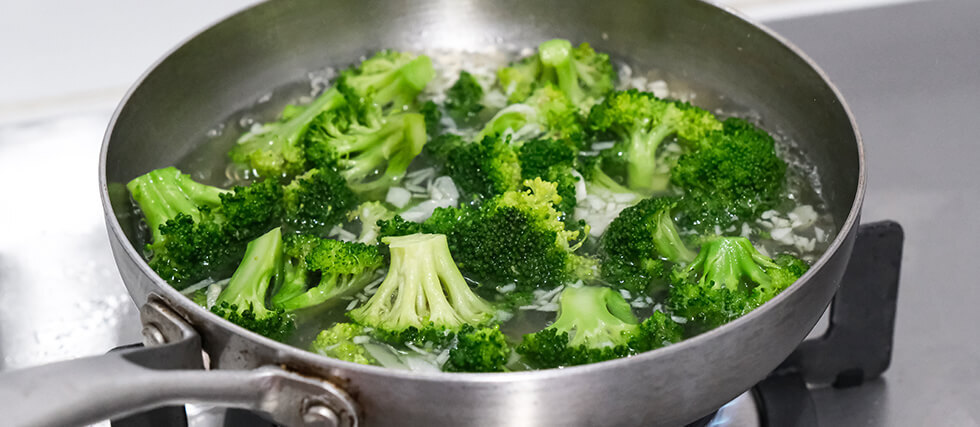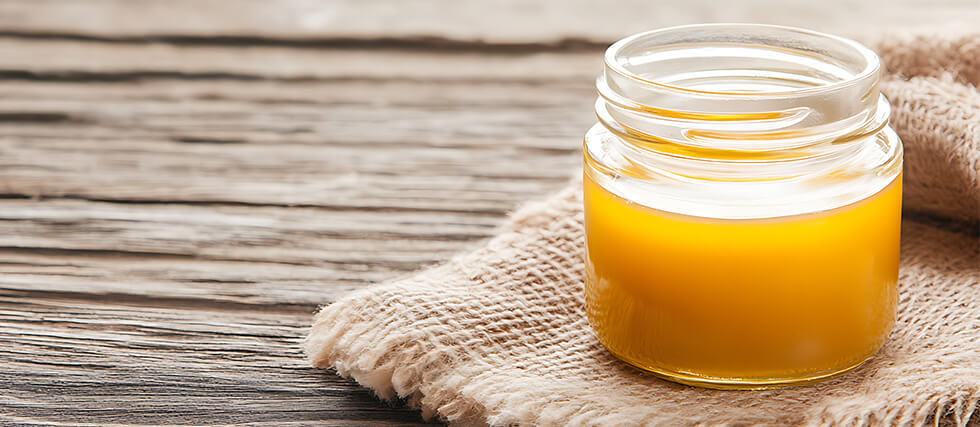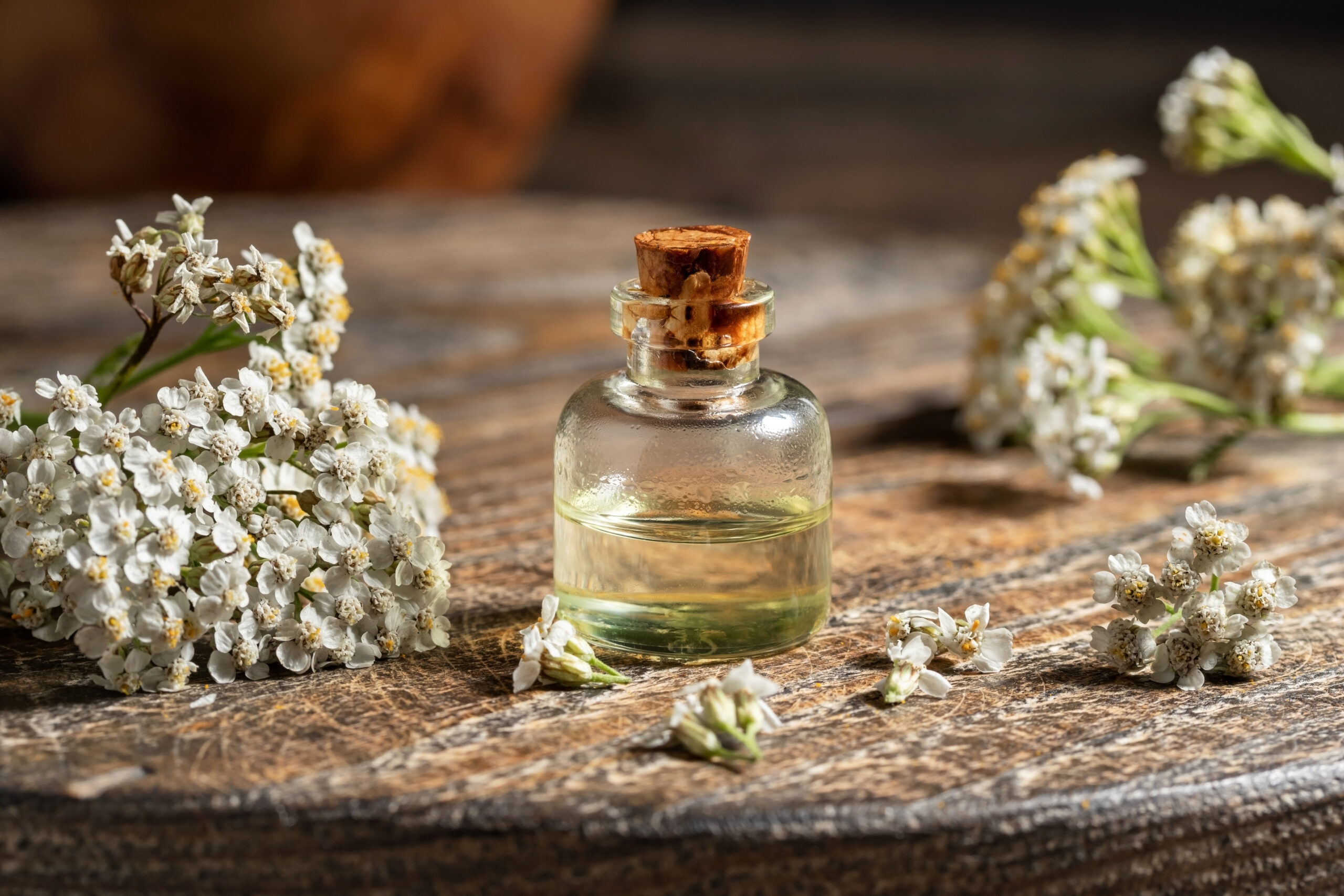Why Everyone Should Keep an Aloe Vera Plant in the Kitchen
If there’s one plant that deserves a permanent spot on your kitchen windowsill, it’s aloe vera. This humble succulent isn’t just easy to grow—it’s a multitasking powerhouse packed with practical and health-supporting benefits.
First and foremost, aloe vera is your go-to first aid in a pot. Burn your finger on a hot pan? Slice your skin while chopping onions? Snap off a leaf, squeeze out the gel, and apply it directly to the skin. Its natural anti-inflammatory and cooling properties help soothe burns, cuts, and even bug bites almost instantly. No synthetic creams are needed.
But aloe isn’t just for emergencies. The fresh inner gel can also be used internally (in small, properly prepared amounts) to support digestion, ease constipation, and promote gut health. It’s rich in antioxidants, vitamins A, C, and E, and enzymes that help reduce inflammation and support your immune system.
Regarding care, aloe is a dream for even the most forgetful plant parent. It thrives in sunny spots, needs minimal water, and can live happily in a small pot. As it grows, you can trim off mature leaves to use and pot them up, making it a renewable, natural resource right at home.
Let’s not forget that aloe vera adds a refreshing pop of green to your space. It brings life into the kitchen, purifies the air, and reminds you to slow down and care for yourself naturally.
Whether you’re into herbal remedies, sustainable living, or just want an attractive and functional plant, aloe vera is the one to grow. It’s low-maintenance, high-reward, and may be the most underrated kitchen essential you can own.





